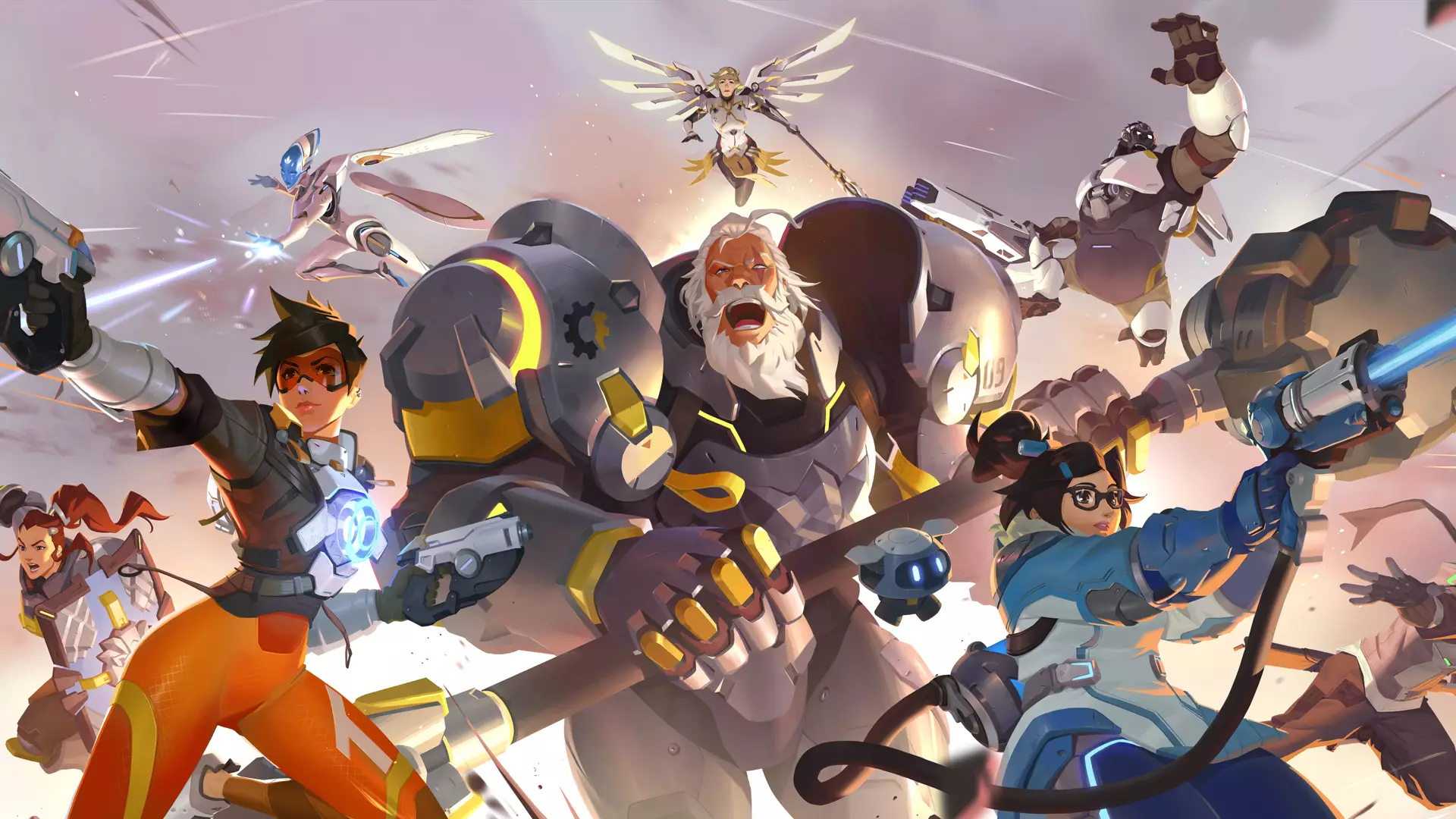Once hailed as a cinematic masterpiece within the gaming world, Overwatch’s animated shorts captivated millions with their Pixar-inspired storytelling, introducing new heroes and deepening the game’s intricate universe. These shorts weren’t just marketing tools; they were cultural phenomena that enriched the player experience and elevated Overwatch to a legendary status. However, in recent years, the frequency and quality of these visual stories have waned significantly. This hiatus is more than a mere scheduling delay; it signifies a missed opportunity to sustain enthusiasm and deepen emotional bonds with the fanbase. The decline feels emblematic of Blizzard’s broader struggle to balance its artistic ambitions with the realities of ongoing game development, leading many to question whether Overwatch is still the vibrant universe it once was.
Disconnect Between Lore and Gameplay
One of the core issues lies in the perceived dissonance between Overwatch’s lore and its gameplay. Fans have long yearned for a narrative that extends beyond quick character glimpses into fully fleshed-out stories. Recent commentary from game director Aaron Keller underscores this desire—acknowledging that the company recognizes the storytelling gap. Keller’s admission that Blizzard used to release more animated shorts suggests a nostalgic recognition of past successes, as if the game’s soul was directly linked to its animated storytelling prowess. The shift away from these shorts reflects a broader strategic misstep: prioritizing gameplay innovations over narrative depth. This leaves a significant craving in the community unfulfilled, which could threaten the franchise’s long-term relevance if not properly addressed.
The Lost Promise of Overwatch 2’s Campaign
A crucial chapter in Overwatch’s narrative evolution was the anticipated expansion with Overwatch 2’s campaign mode—an evolution that promised a rich, cooperative storyline that would propel the universe forward. Unfortunately, technical complications and scaling ambitions proved insurmountable, leading to the campaign’s cancellation. This decision was a setback not only in terms of gameplay but also for storytelling ambitions. It was a reset in the franchise’s narrative journey, leaving fans with an incomplete story and a sense that Blizzard might have lost its storytelling mojo amid ambitious development goals. The gap left by this fallout underscores how critical strong narrative content—whether in game or animation—is to maintaining a compelling universe.
Strategic Reboot: Animation and Transmedia Expansion
Despite setbacks, Blizzard is signaling a desire to rekindle the magic of their storytelling. Keller’s comments about bringing back animated shorts and exploring opportunities for a TV series reflect a strategic shift toward transmedia storytelling. The company’s acknowledgment that “Overwatch has dropped the ball” in recent years reveals an introspective understanding: to truly showcase the universe’s richness, it must be recaptured through high-quality narratives. With Netflix reportedly in the mix, and previous in-production projects hinting at a desire for expansion, Blizzard appears ready to pivot back to their storytelling roots. These moves are not just about nostalgia—they are a calculated effort to re-engage fans and attract new audiences by leveraging the power of compelling visual entertainment.
Why Overwatch Needs Its Narrative Renaissance
In an era where storytelling is king—where franchises thrive on multi-platform narratives—Overwatch risks fading into obscurity if it remains silent. The animated shorts and potential TV adaptations aren’t just optional extras; they are vital cogs in the franchise’s engine of cultural relevance and emotional investment. Blizzard’s struggle to deliver on their original promise reflects a broader challenge faced by AAA developers: maintaining a consistent narrative voice amidst complex game development. Yet, the company’s willingness to listen and to aim for a creative comeback indicates that they understand the importance of storytelling as a core element, not just an accessory. If Blizzard can deliver a revitalized narrative drive, blending gameplay and story seamlessly, Overwatch has the potential not only to reclaim its former glory but to elevate itself into a timeless franchise that continues to resonate in players’ hearts for years to come.

